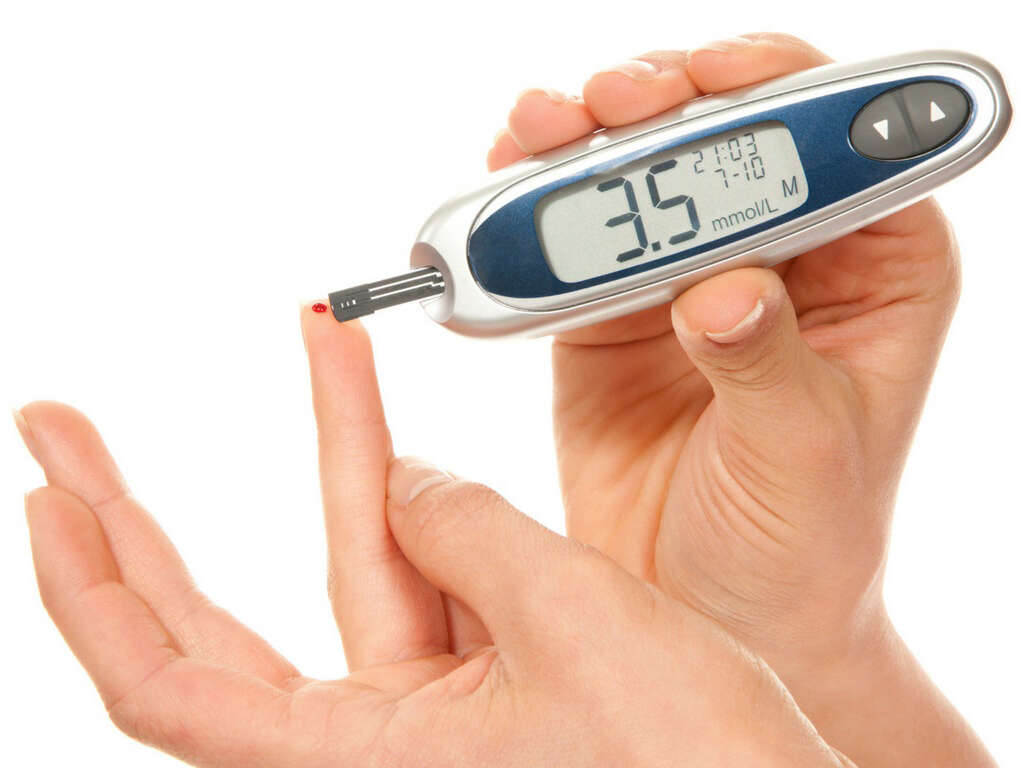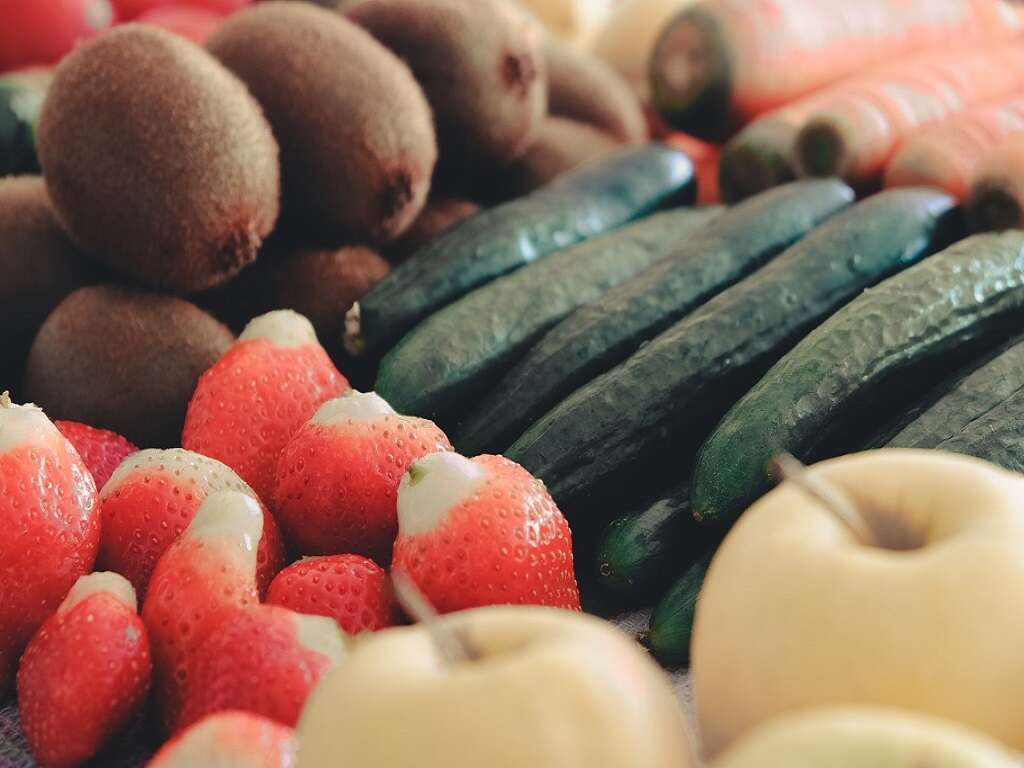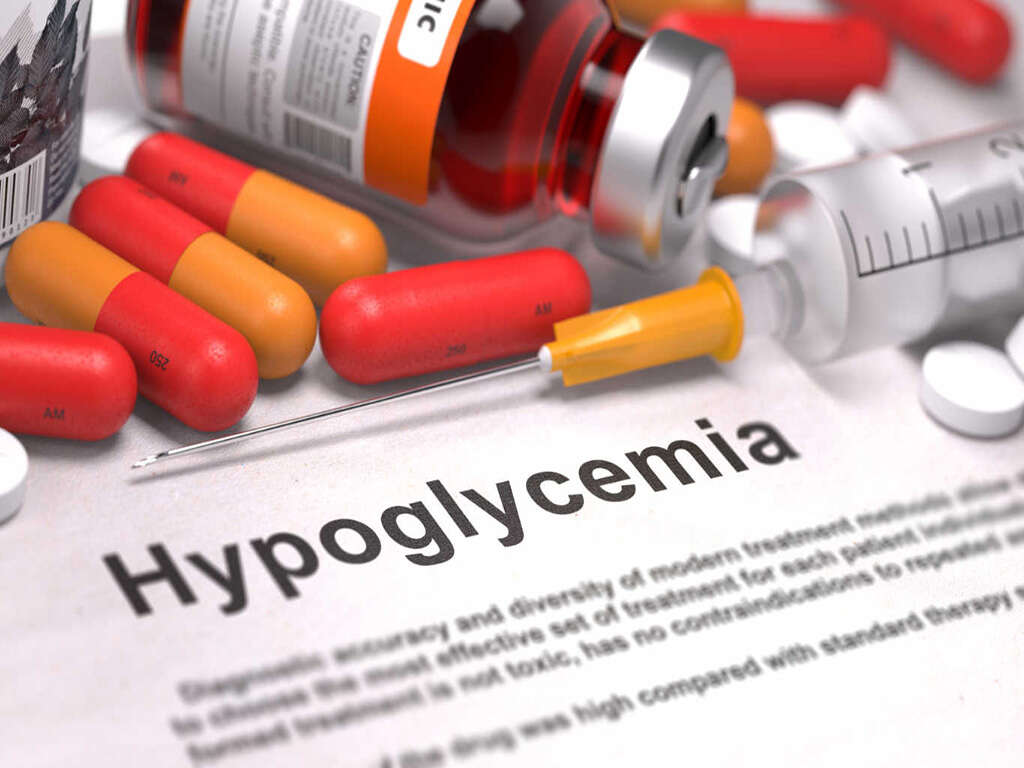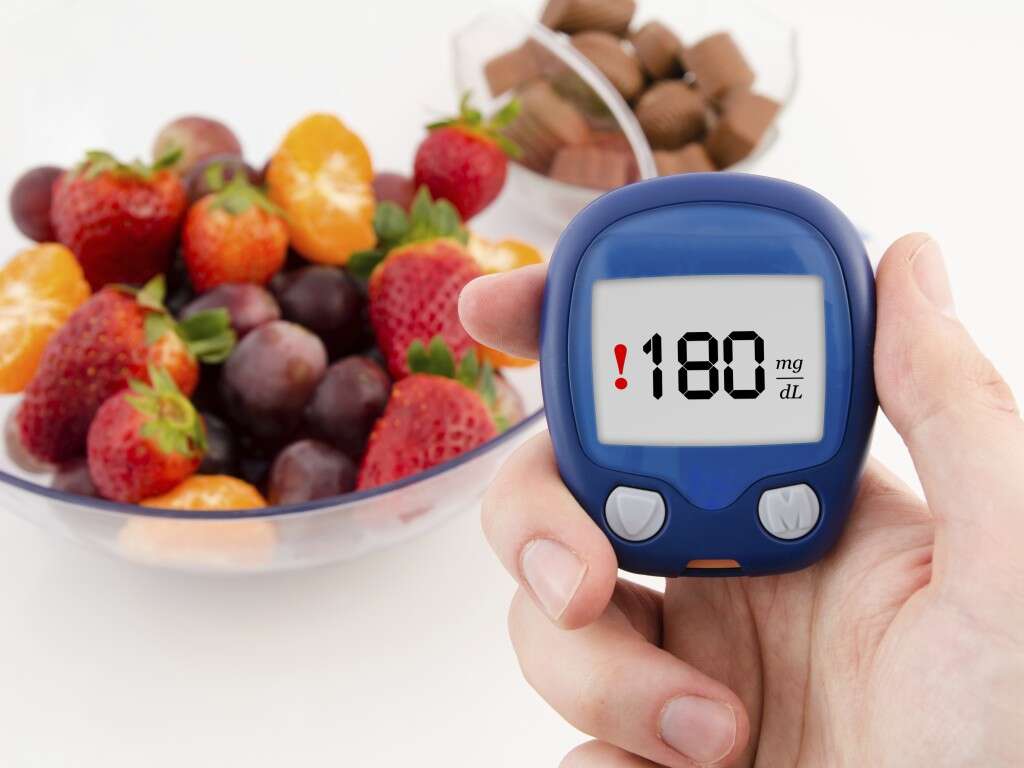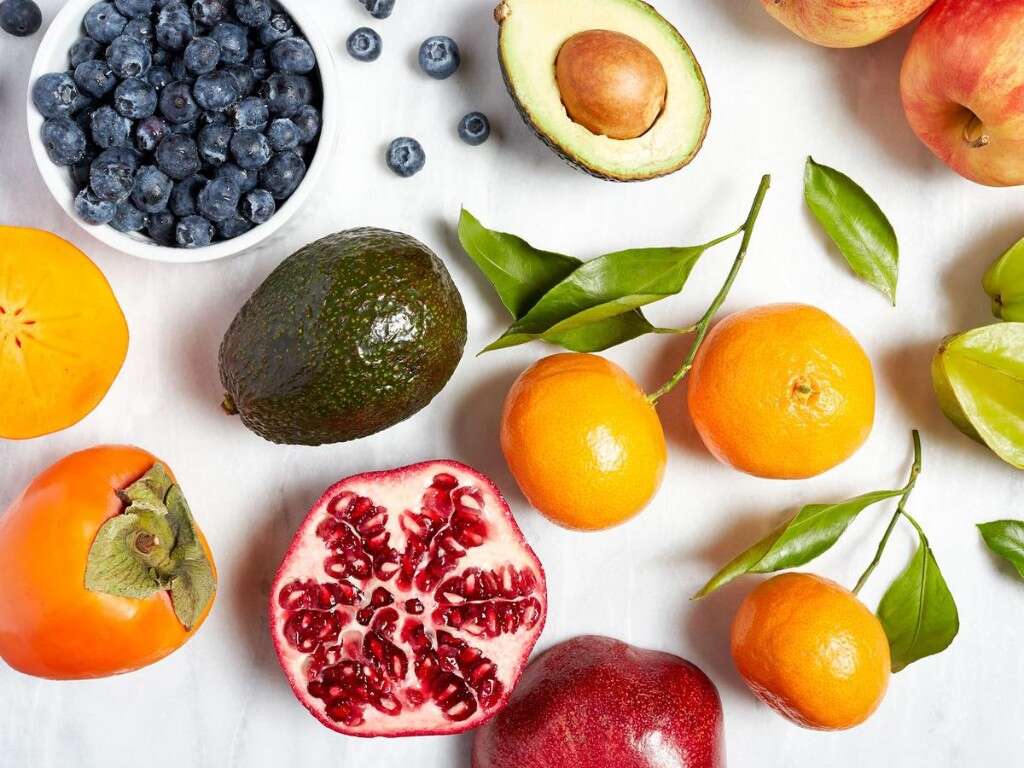10 Foods That Lower Blood Sugar
Diabetes occurs when the amount of glucose circulating in an individual’s bloodstream is above normal. Hemoglobin A1c (HbA1c) measures the amount of glucose that is bound to hemoglobin. The higher the glucose concentration in blood, the higher the level of HbA1c.
Levels of HbA1c reflect the average blood glucose over 120 days. An individual is considered diabetic when their HbA1c levels are at 6.5% or exceed this level. A normal HbA1c level is 5.7% or lower. There is no cure for diabetes.
Prevention of the disease through a healthy intuitive eating style is one of the best ways to avoid the disease. However, for those diagnosed, only medication, exercise, and a healthy diet can help ease the progression of the disease and keep HbA1c levels from sky rocketing. This article will list foods that will not cause a spike in blood sugar and help with your diabetes.
Food #1: Avocados
Avocados are great fruits that can be easily incorporated into anyone’s diet. Avocados are filled with polyunsaturated fatty acids and monounsaturated fatty acids, which have been linked to improving insulin sensitivity. In addition, avocados have a low glycemic index score. A GI score is an index used to determine how likely a food is to raise one’s blood sugar. The lower the score, the less likely the food will cause a spike in blood sugar.
Studies have shown that avocados can lower the risk of metabolic syndrome. This is essentially a group of risk factors that are associated with the likelihood of getting a chronic disease, such as diabetes.
Food #2: Tuna, Halibut, and Salmon
Food items such as tuna, salmon, and halibut do not have a GI score because they do not contain carbohydrates. Fish is very high in protein and, luckily enough, protein has no effect on blood sugar levels. In addition, high protein foods are linked to increasing satiety. This means you will feel fuller and satisfied by a meal and, therefore, less likely to consume another meal in a short time frame. This helps with not only blood sugar levels, but calorie intake as well.
In addition to its high protein content, fish is also high in healthy fats. They are a good source of omega 3 fats, which have been linked to numerous health benefits.
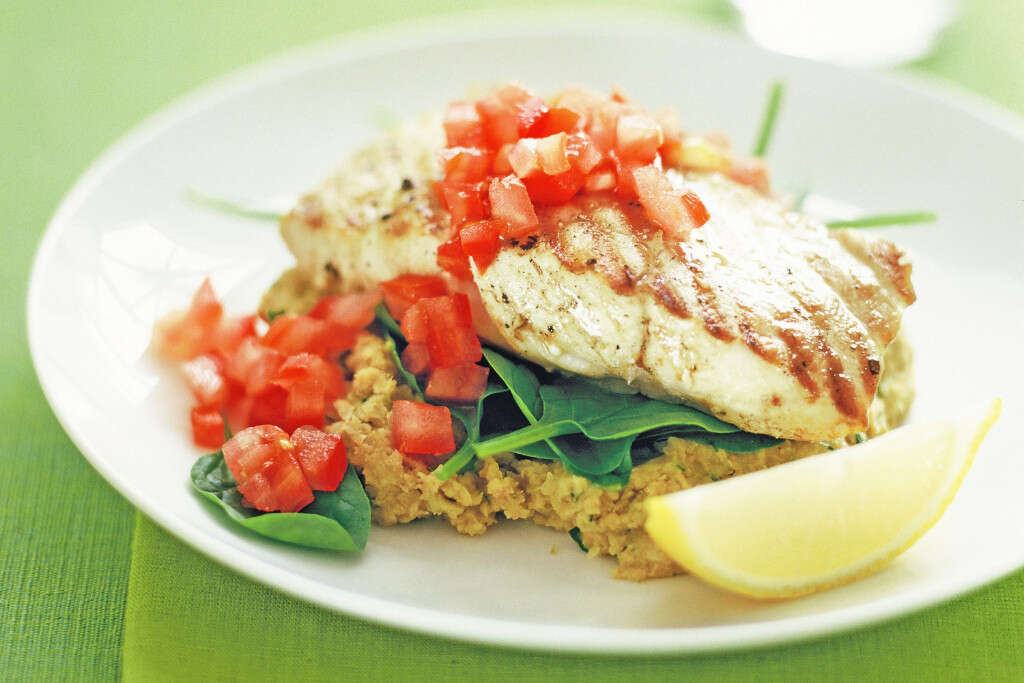
Food #3: Garlic
Garlic can be used to season numerous food items. Its rich taste is only needed in small quantities in order to have an effect. Moreover, garlic may also help manage blood sugar levels. In fact, some studies have shown that garlic is able to lower one’s fasting blood glucose levels. A fasting blood glucose level is your blood sugar level when you have not eaten.
Similar to fish, garlic does not have a GI. Garlic has only trace amounts of carbohydrates and most of these are due to fiber.
Food #4: Chia Seeds
Chia seeds have become quite popular over the past few years. Numerous health blogs and Instagram accounts have included recipes with chia seeds. Chia seeds are high in fiber, omega 3s, calcium, potassium, and antioxidants. This food is a powerhouse. In fact, chia seeds contain twice the amount of potassium than a banana and three times the iron found in spinach.
Chia seeds have a very low GI score of 1. Due to their high nutrient profile, and seemingly low GI score, they are diabetic friendly. Add to your tea, Greek yogurt, or avocado and toast. However, be sure to stick to moderate amounts as too much can be calorific.
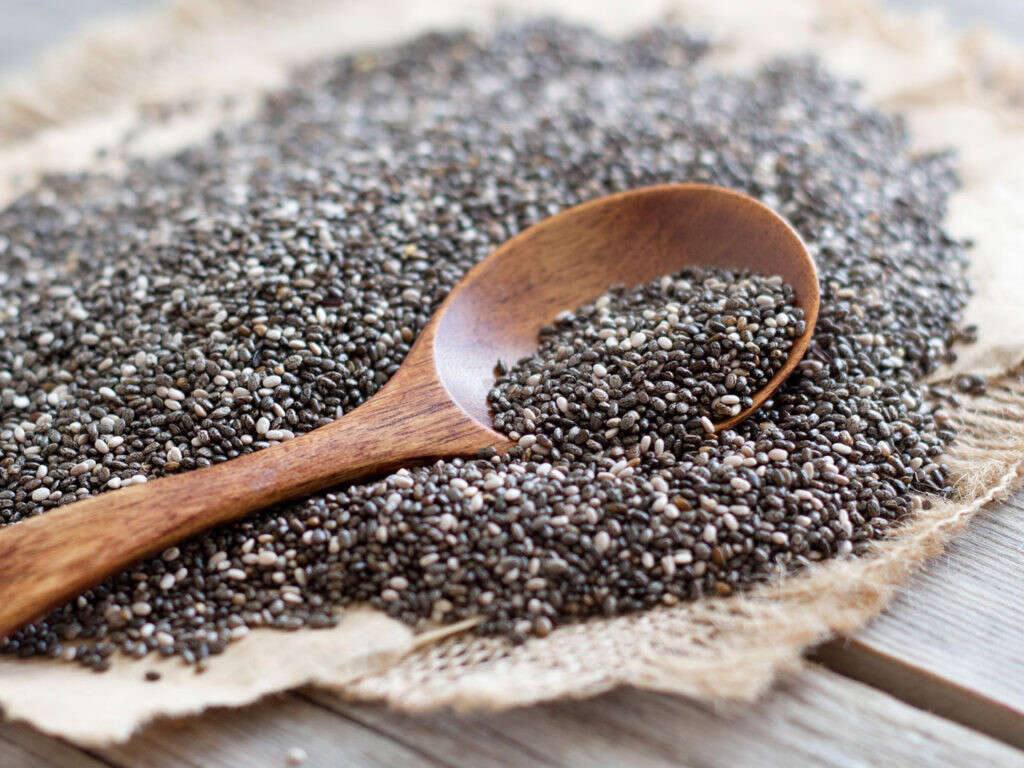
Food #5: Blueberries
Fruits can be tricky when it comes to diabetes. Some fruits have a high GI, and unfortunately should be avoided or consumed minimally for some diabetics. However, blueberries and blackberries won’t raise your blood sugar levels as much as some other fruits. In addition, blueberries and blackberries are high in fiber, which will help with satiety and slowing the absorption of food.
To continue, one study reported that adding blueberries to smoothies helped improve insulin sensitivity. When it comes to fruit, all berries are low on the GI score. This includes strawberries, raspberries, and blackberries. Thus, if you are unsure which fruits fit a low glycemic diet, grab something from the berry family.
Food #6: Eggs
Eggs make a great breakfast or a great snack. Often, eggs get a bad reputation because of their cholesterol levels. However, due to new research on the effects of dietary cholesterol, the rules on cholesterol have loosened. Like fish, eggs do not have a GI score, since they do not contain carbohydrates. Rather, the food is high in protein.
Eggs help reduce fullness and reduce cravings. One egg has 6 grams of protein with just 68 calories. Just be careful of what you are adding to your eggs. Avoid cooking eggs in butter, and instead of pancakes and eggs, maybe try Greek yogurt.
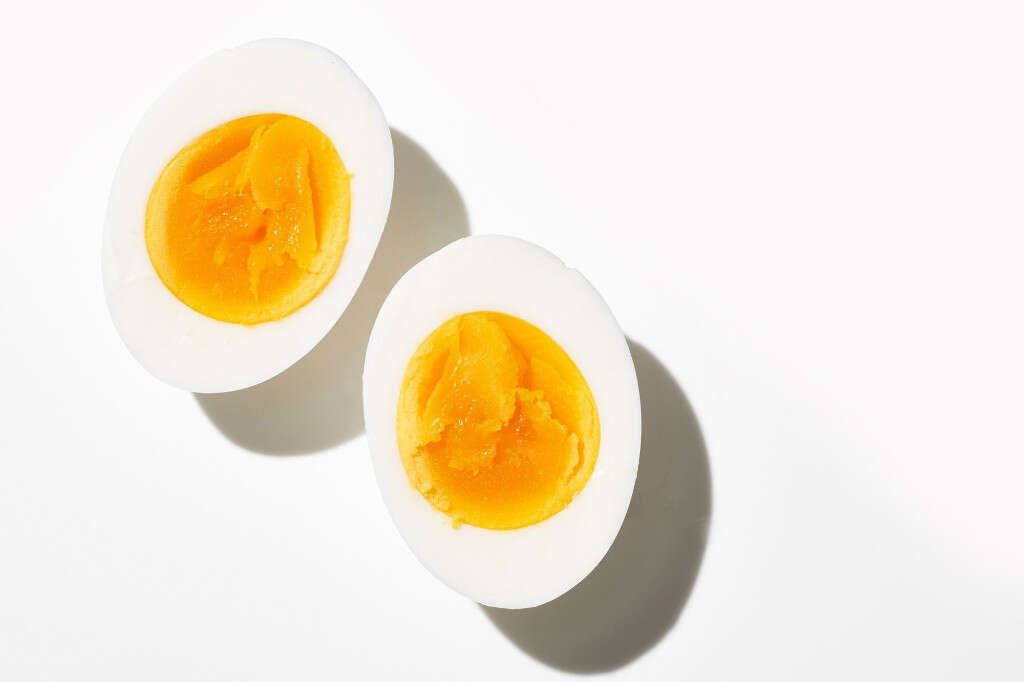
Food #7: Almonds and Other Nuts
Nuts are a great snack that are also great for diabetics. Almonds can help regulate and reduce rises in blood sugar after meals and prevent diabetes. One study found people who consumed 2 ounces of almonds per day had lower levels of fasting glucose and insulin. Another study found that almond consumption could increase insulin sensitivity in people with prediabetes.
The GI score for almonds is estimated to be 0. This is because the small amount of carbohydrates found in almonds and other nuts is primarily fiber. Due to their high fiber content, nuts will increase satiety, help with digestion, and slow the absorption of food. Adding nuts to your dietary routine is a must!
Food #8: Beans
Beans are go-to foods for many vegetarians and vegans. With their low calorie, high protein, and high fiber content, beans are a great addition to anyone’s diet. In general, beans have a low GI; however, their GI score varies. Soya beans rank at 16, kidney beans come in at 24, chickpeas at 28, and black beans at 30.
In addition, beans are a great versatile food that can be added to many dishes. And due to their high fiber content, they will surely keep you full. This is because foods rich in fiber decrease the rate of digestion, making our stomachs feel full longer. This is very beneficial for weight maintenance and blood sugar control.
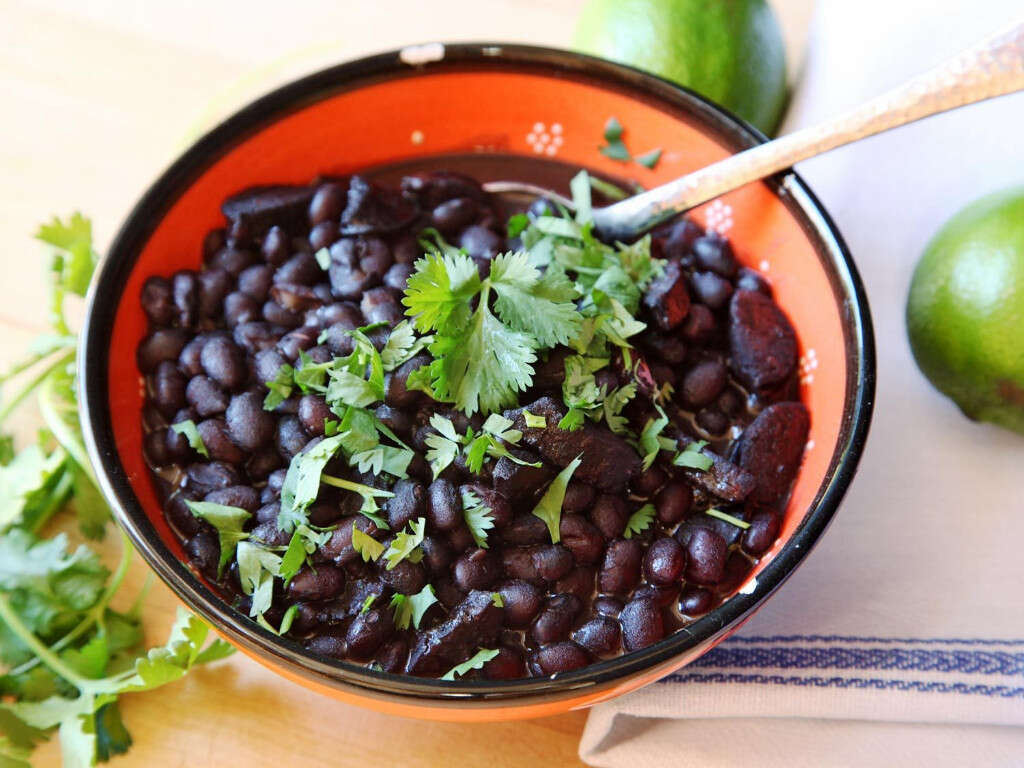
Food #9: Broccoli
Although many of us hated broccoli as children, as adults we probably have come to realize that broccoli is a superfood. Broccoli is a member of the cruciferous family. Some of its relatives include kale, Brussel sprouts, radishes, and cabbage.
Broccoli is not only low in carbohydrates, it also contains numerous other health benefits. One cup of raw broccoli contains 6 grams of carbs, 2 of which come from fiber. This one cup of broccoli also provides more than 100% of the RDI for vitamins C and K. Lastly, there have been quite a few studies linking broccoli to decreasing insulin resistance and decreasing blood pressure. This is beneficial in our society when chronic disease is one of the leading causes of death.
Food #10: Mushrooms
Mushrooms are very low in carbohydrates. In one cup of raw white mushrooms, one can expect to consume just 2 carbohydrates, 1 of which is from fiber.
Mushrooms are great because they can be incorporated into meal dishes very easily. In addition, they also contain numerous health benefits. Mushrooms have been linked to having anti-inflammatory properties. For instance, one study found that when men clinically diagnosed with metabolic syndrome consumed white mushrooms for 16 weeks, significant improvements in antioxidants and anti-inflammatory markers were evaluated. One specific biomarker that was evaluated was blood pressure. The participant’s blood pressure significantly decreased.




